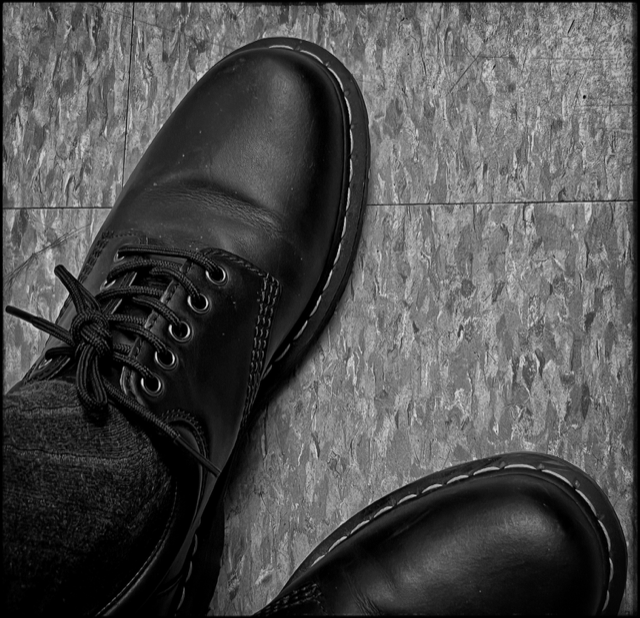
We exist within a conundrum: a hollow promise,
less than a guarantee, with far too much fine print
and hyperbole disguising immodest claims by the
local chamber of commerce.
Selling features surpass the benefits
of living there or here, or wherever.
Often we question why we live
where we live.
It is greater than geography,
more than an address or identity.
Our company of cohorts and companions
changes over time.
We move, as do they.
How do we settle?
Location, location, uncertain destination,
what you see in the rearview mirror will
likely greet you further down the highway.
They say you can’t go back.
Yet, you usually do.
City to neighbourhood, dwellings or
simply shelter, we seek comfort. Or
contentment.
A place to sleep, to eat, or ignore
what goes on outside the window.
Across the street or 27 stories down below.
High-density urban sprawl, demographics,
economics, overpopulation, the mechanics
of increased consumption of once-precious
resources. We are all what we are made of.
Humanities: the quality or state of being.
Home is what, home is where, we make it.
Home is a place you accept
more than you will understand.
© 2021 j.g. lewis



